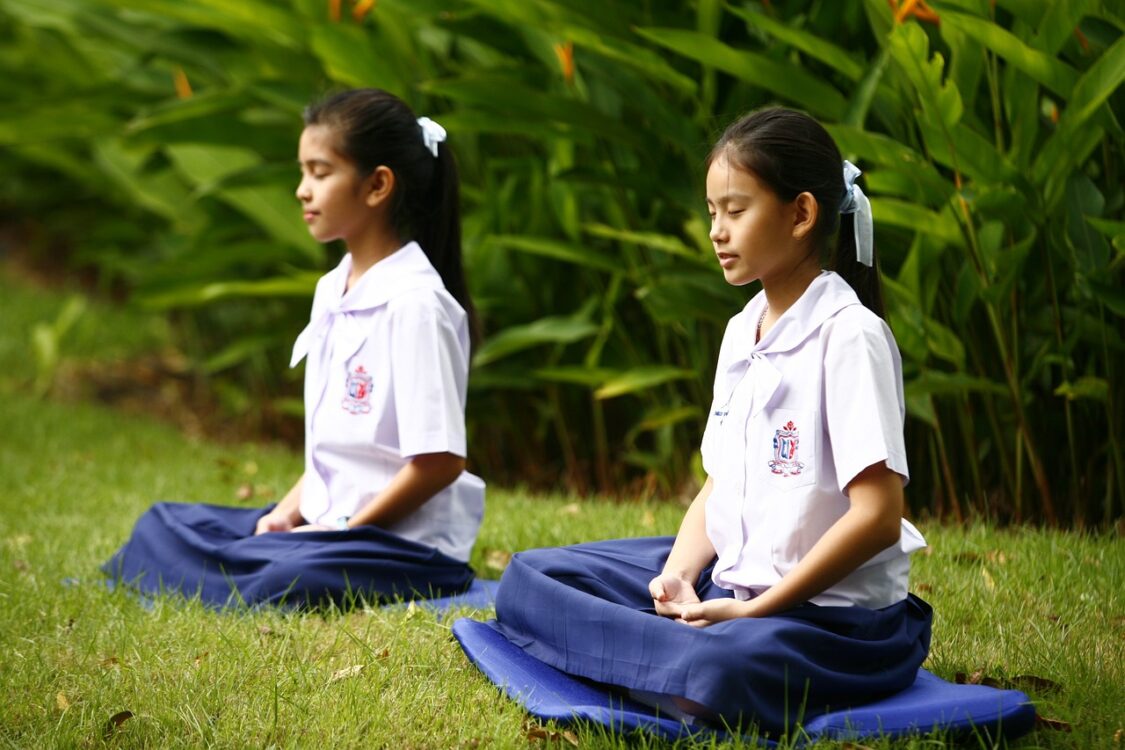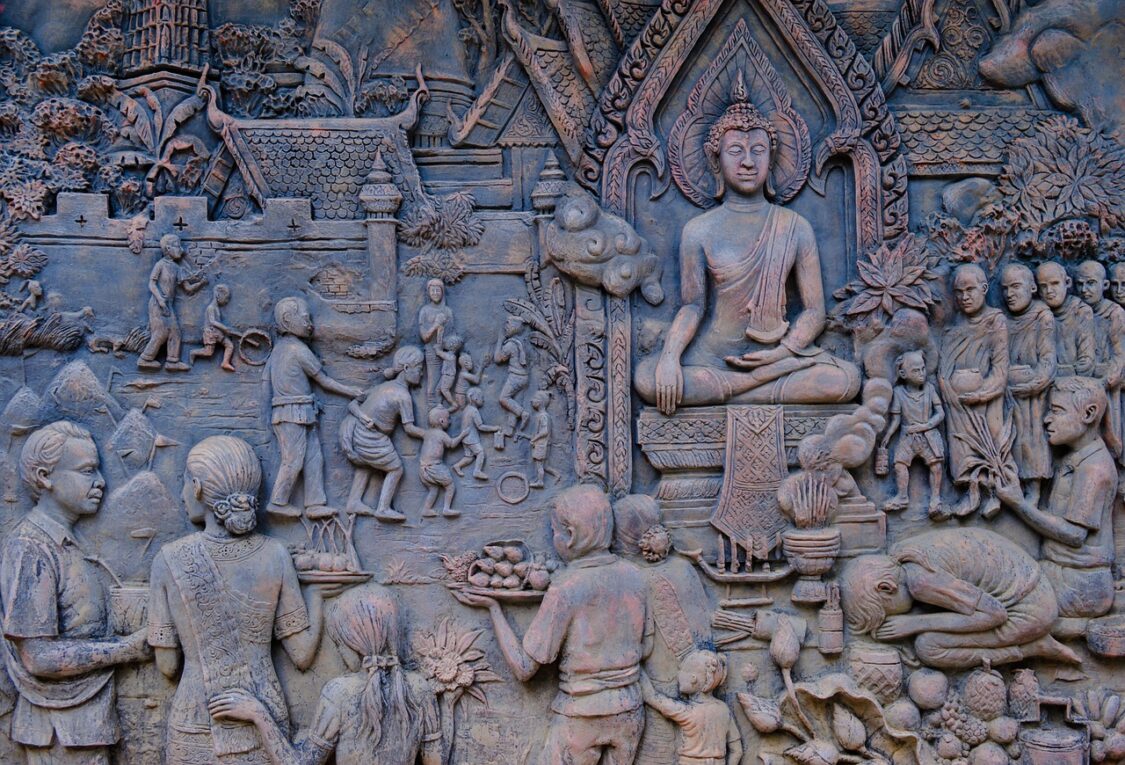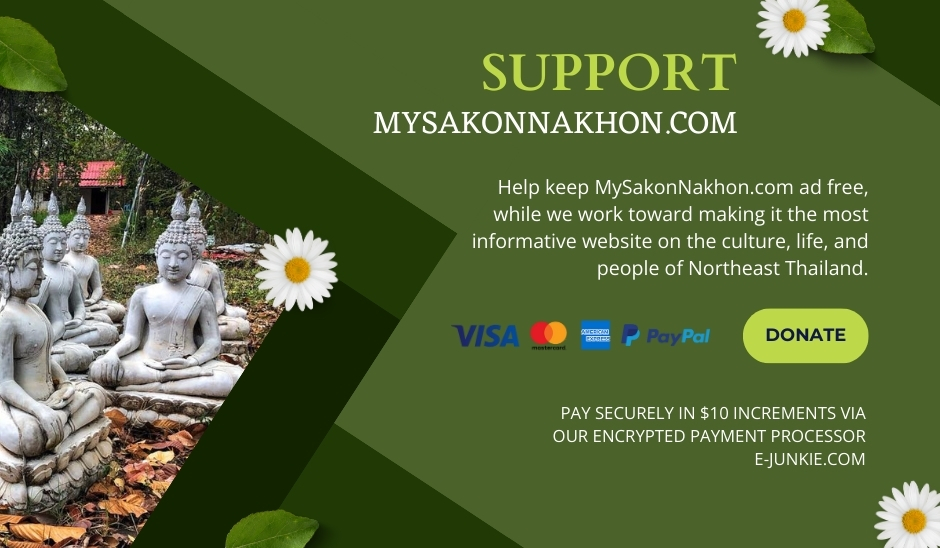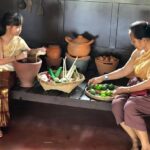
Thailand: Misconceptions Vs. Reality

Recently there was a photo making the rounds in Thailand of two tourists at Phuket Airport wearing Speedos and flip flops. This reminded me that there is a big difference between how many foreigners view Thailand versus how it exists in reality.
Thanks to films like The Hangover, comedy skits on TV shows, and YouTube videos of Full Moon parties on Kho Phangan, there is a common misconception that Thailand is a country filled with “red light” districts and an “anything goes” attitude.
However, the reality is totally the opposite. There are only a handful of neighborhoods with go-go bars in tourist hubs like Bangkok, Pattaya, and Phuket. And wild Full Moon parties with (very much illegal) drug use occur primarily on Koh Phangan and not the other islands of Thailand.
Misconceptions also have occurred because Thailand is the first country in Asia to decriminalize marijuana. But cannabis legalization has focused on genuine medical uses, such as at the Alternative Cancer Treatment Center (Arokhayasala) at Wat Kham Pramong in Sakon Nakhon. There is no “Let’s get high!” culture in Thailand, and the new Thai government is planning new laws to make sure that none starts.

Thailand’s Conservative Values
Thailand is very much a conservative country — one with a culture that emphasizes modesty, politeness, patriotism, family, respect for one’s elders, and other values commonly labeled conservative.
These traditional values permeate Thai culture and are part of Thailand’s soft power. For example, all students in schools wear uniforms, while teachers at every grade level are shown a level of respect that would seem amazing to most Westerners.
While attitudes about dress are becoming more relaxed, all women and men are expected to dress modestly when out in public in Thailand, not only at Buddhist temples, but when visiting public places like airports, restaurants, government offices, and department stores — which is why there was so much consternation on seeing the two airport travelers in skimpy swimming suits.
The Conservative Thai Language
Thailand’s conservative culture is reflected in the Thai language itself. Humility and respect for one’s elders is demonstrated by the tradition of referring to older friends and family members as “phêe” (พี่) — either by itself or by placing the honorific before the name of the person. While younger Thai family and friends are called “nawng” (น้อง).
Politeness and traditional gender roles are demonstrated by ending spoken sentences with “khráp” (ครับ), if a man, and “khâ” (ค่ะ), if a woman, or by softening the sound of the sentence by ending it with a Thai word like “na” or “noi”.
Respect for tradition, formality, and individual integrity is seen in the traditional Thai greeting “Sawat dee khrap/kah” (accompanied by the wai gesture), which remains the common way to greet another person — and thankfully has not been replaced by anything less formal.

Preserving Traditional Thai Culture
Concerns over Thailand losing its traditional (conservative) culture has been on the minds of the Kingdom’s ruling elite for a long time. Even during the 1800s Thai rulers were worried about the influence of Western culture. They were concerned that younger generations would view Thai culture and its rules of etiquette as antiquated, outdated, and not in keeping with the developing modern age that’s been dominated by the West, first by Europe and then America.
King Phra Nangklao Chaoyuhua (Rama III), who ruled Thailand from 1824-1851, is famously quoted as saying: “It is no trouble working next to the Vietnamese or Burmese. But when beside the farang (Westerner), you must be very careful or you’ll lose to him. Learn from him what you can but do not completely respect his ways.” (การข้างญวนข้างพม่าเราไม่ค่อยจะน่าหนักใจ แต่การข้างฝรั่งนี่ต้องระวังให้ดีจะเสียทีเขา อะไรที่ควรเรียนรู้ของเขาก็ให้เรียนไว้ แต่อย่านับถือเลื่อมใสไปเสียทีเดียว ประโยคนี้สำคัญมาก)
Misconceptions Fuel Criticism of Thailand
This cautious attitude toward the Westerner (farang) has largely been adopted by the Thai people since King Rama III spoke it — to the annoyance of many Westerners who have come to work in Thailand with dreams of “making things better”.
Failing to make the “improvements” they envisioned, these farangs often have complained about Thailand’s avoidance of criticism, its concern over losing and saving face, the Thai virtue of being greng jai, and other aspects of Thai culture they’ve never taken the time to understand nor weighed the pros and cons of.
In other words, these Westerners never fully respected Thailand’s traditional culture, nor understood it. Instead they often will attack it in knee-jerk fashion when things don’t go their own way — while nursing many misconceptions about the Thai people.
Despite past misconceptions, the wisdom of Thailand’s old rulers are increasingly being acknowledged by both foreigners and educated, cosmopolitan Thais who once viewed Thailand as a backwards country.
About twenty years ago, I taught English to a class of PhD students. On the first day of class I asked the students where they would like to live, if they could live anywhere in the world. Nearly all of the students chose a Western country like the U.S., England, Scotland, Australia, or New Zealand.
When I asked why, almost everyone gave a similar reason: “To live in civilization”. Most of them had adopted the Western critic’s attitude toward Thailand, focusing only on negative aspects of life in the Kingdom, without balancing them against the many positives of the Land of Smiles.
However, when I taught a class of PhD students this past year and asked the same question, almost all of them chose Thailand. When I asked why, they said, “It’s wonderful here”.
It is indeed wonderful to live in Thailand, and the overwhelming majority of tourists and expats here are not coming for the red light districts of Bangkok, Pattaya, or Pukhet, or the drug-fueled Full Moon parties on Kho Phangnan, but to the enjoy the traditional Thai culture and its conservative values of politeness, modesty, and respect that have been vanishing from societies in the West.
- The Royal Ploughing Ceremony in Thailand – A History - May 8, 2024
- Dying Well the Buddhist Way in Thailand - May 7, 2024
- Comforting Words for the Brokenhearted in Thailand - May 6, 2024




